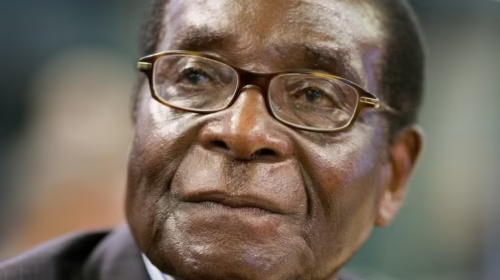The impending rollout of Zimbabwe’s heritage-based curriculum has ignited fresh concerns, with Emakhandeni Luveve MP, Discent Bajila (CCC), questioning the readiness of educators to implement it effectively.
Bajila, speaking in Parliament, highlighted the challenges facing teachers, warning that these unresolved issues mirror the problems experienced during the Continuous Assessment Learning Activities (CALAs) introduction.
The new curriculum, set for its first implementation in 2025, requires a uniform framework for learning materials and implementation tools, which remains unavailable to teachers nationwide.
According to Bajila, teachers responsible for Grade 6 and Grade 7 classes in 2025 remain unclear about what is expected, with no adequate preparation provided to them thus far.
He emphasized the importance of capacitating schools to ensure the success of this curriculum, which heavily relies on heritage-based approaches in science and innovation.
The curriculum’s project-oriented nature demands long-term observation, making it critical for examination classes to have commenced their preparations in 2024, which has not occurred.
Bajila further noted that overcrowded classrooms pose another significant obstacle, as the high learner-to-teacher ratio undermines effective supervision of such demanding projects.
Delays in addressing these challenges, he warned, could jeopardize the successful implementation of the curriculum and compromise the education delivery system.
Calling for immediate action, Bajila urged Parliament to conduct an inquiry into the nation’s readiness, rather than relying solely on ministerial assurances or policy announcements.
He stressed that real preparedness involves more than just launching policies or making official statements; it requires tangible support for educators and schools.
Bajila suggested that the Speaker of Parliament summon the Minister of Primary and Secondary Education to present a comprehensive update on the state of readiness.
The MP also called attention to the need for equitable distribution of resources, ensuring that all schools have the necessary tools to implement this ambitious curriculum.
This curriculum represents a significant shift in Zimbabwe’s educational system, placing a focus on heritage while integrating science and innovation in unique ways.
However, its success hinges on adequately trained educators, properly equipped schools, and manageable class sizes—none of which are currently in place.
The Speaker of the National Assembly responded to Bajila’s concerns by recommending that he formally raise the issue in the next parliamentary session for further discussion.
Zimbabwe’s education system has faced numerous reforms over the years, and each has been met with varying degrees of success and resistance from educators and stakeholders.
As the 2025 school calendar approaches, the readiness of teachers and schools to embrace this new system remains uncertain, fueling anxiety across the sector.
The heritage-based curriculum, despite its innovative objectives, risks becoming another reform fraught with challenges if critical gaps in readiness are not addressed immediately.
The conversation surrounding Zimbabwe’s educational reforms underscores the need for transparency, planning, and collaboration between policymakers, educators, and communities.
With eight weeks remaining before schools reopen, questions linger about whether the system can rise to meet the demands of this significant curriculum change.













